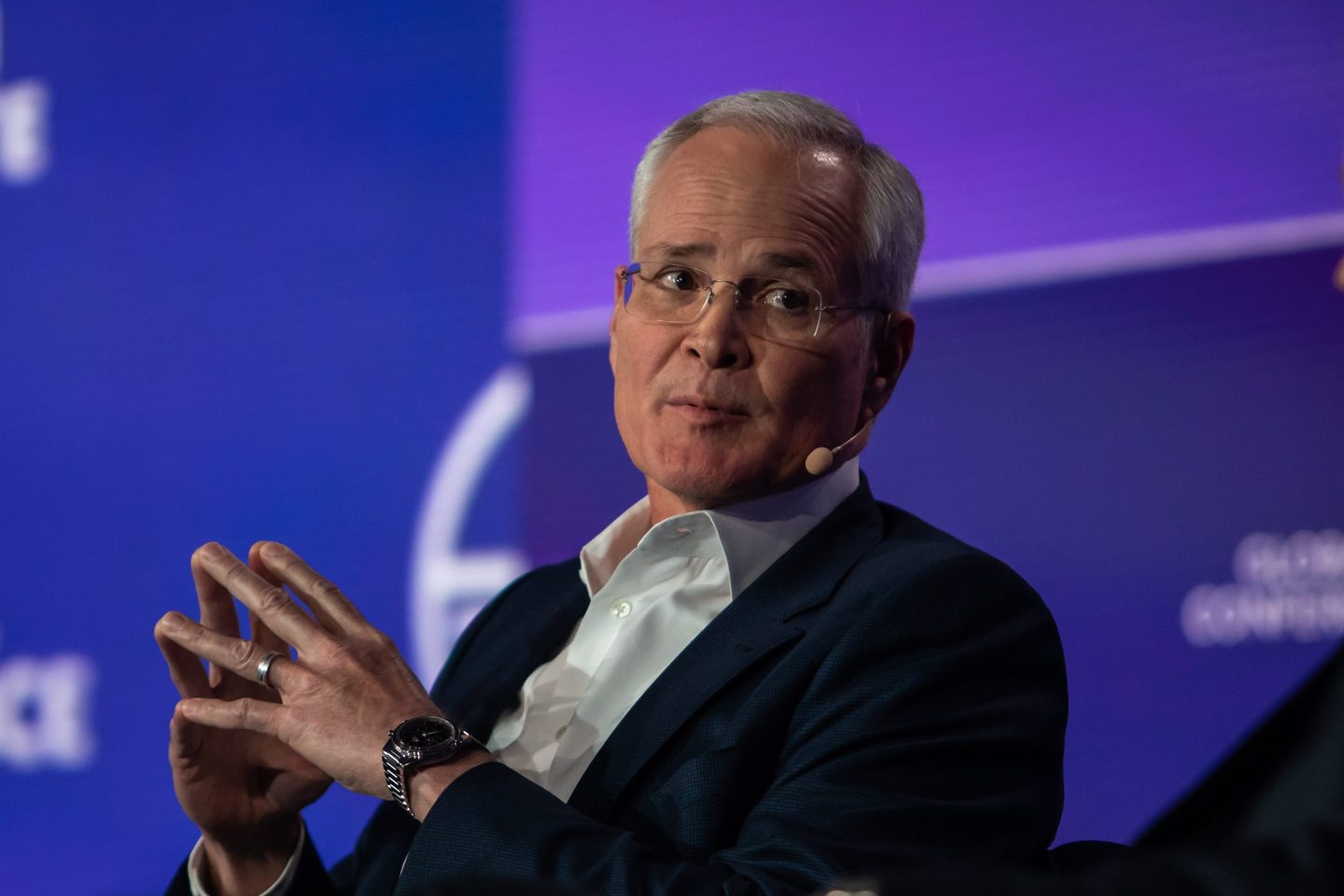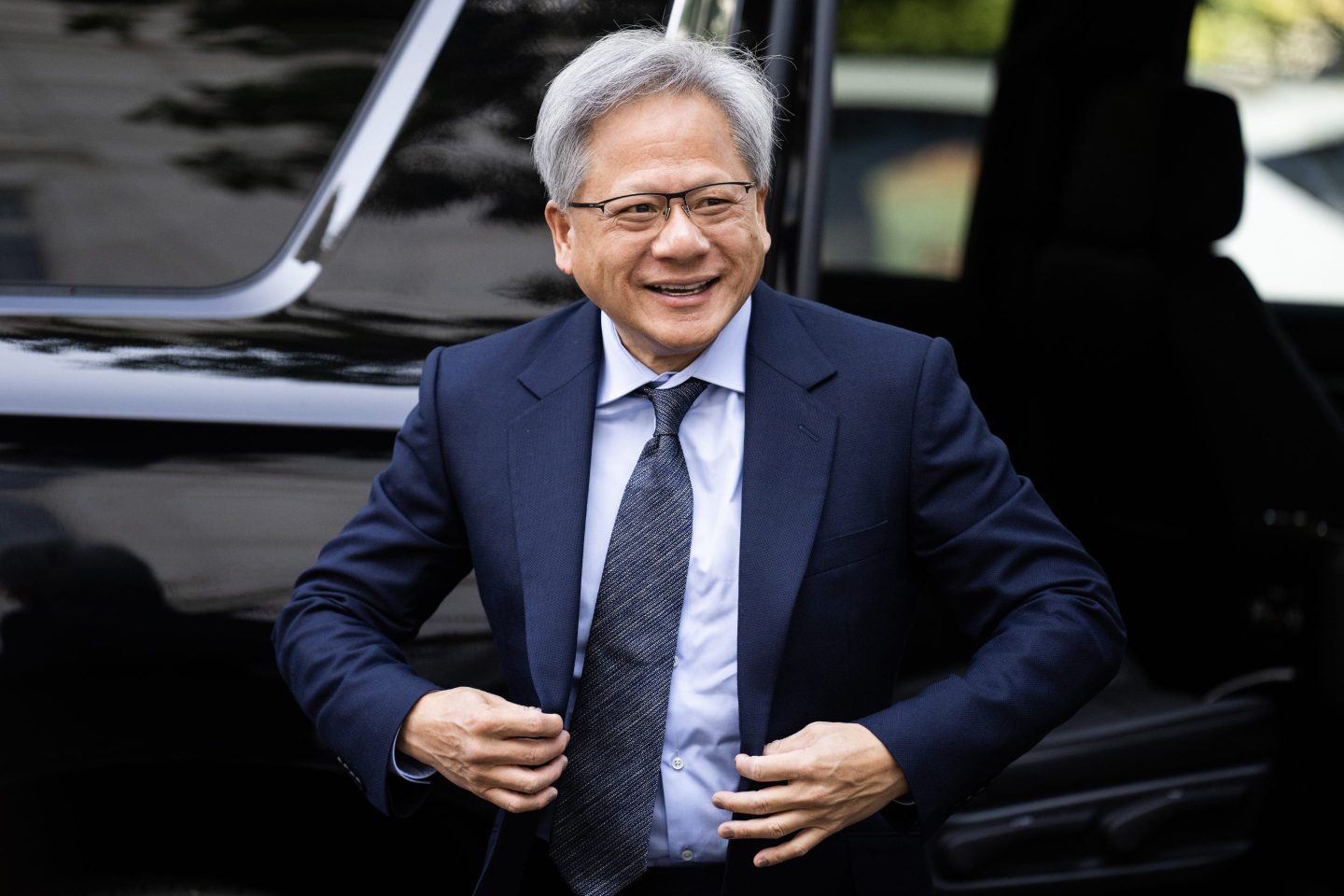The world’s high-tech supply chains are in the throes of an enormous if relatively short-term crisis—but they’re also contributing to the longer-term disasters of climate change.
“The fact that we’ve now got hundreds of trucks delivering individual packages to doorsteps all over the world is an environmental catastrophe,” Peter Brereton, president and CEO of supply chain software company Tecsys, said Wednesday during a Fortune virtual event.
“Supply chains in many ways, from a greenhouse gas emission standpoint, were actually far more efficient 20 years ago, when factories shipped truckloads, and distributors received pallets, and retailers received those pallets, and we went and picked up [goods] in stores,” he said.
“So how can we shorten our supply chains, stop moving stuff all over the globe unnecessarily—and just take the sheer amount of energy required to drive the economy way, way down?” Brereton added. “I think that’s what ends up making some of these other objectives much more achievable.”
Brereton was one of several CEOs participating in the virtual event, which also included Boston Consulting Group CEO Christoph Schweizer and Mads Nipper, CEO of Danish wind giant Ørsted A/S. Bank of America CEO Brian Moynihan focused some of his comments on the reality of the costs that companies—and their customers—have to take on in order to meet net zero commitments. Such pledges are “effectively an internal carbon tax,” he pointed out. So “how do you create the purchase power? How do you create the demand?”
“We can pay more for power at Bank of America. It doesn’t make that much difference in our [annual expenses of] $50 or $60 billion, [that] $100 million. And that can then provide the purchase power,” Moynihan added. But “we’ve got to remember the net zero commitment through all sectors—not just big companies, not just public companies, but everybody—is critical to create that demand cycle.”
Catherine Von Burg, CEO of energy storage company SimpliPhi Power, pointed out that “purchase power” to pay more for green energy means something very different to many consumers, including “essential” workers earning minimum or low wages.
“The income inequality in this country and all over the world, with the outsourcing of manufacturing jobs—we have created an economy that depends really on slave wages,” she says. “I really think we need to look at, as companies, proving out that you can pay living wages and close this incredible divide between CEOs and C-suite pay, and frontline workers on manufacturing floors. That is something that companies can do in terms of how they pay their employees and looking at equity issues in their compensation.”
Subscribe to Fortune Daily to get essential business stories straight to your inbox each morning.











